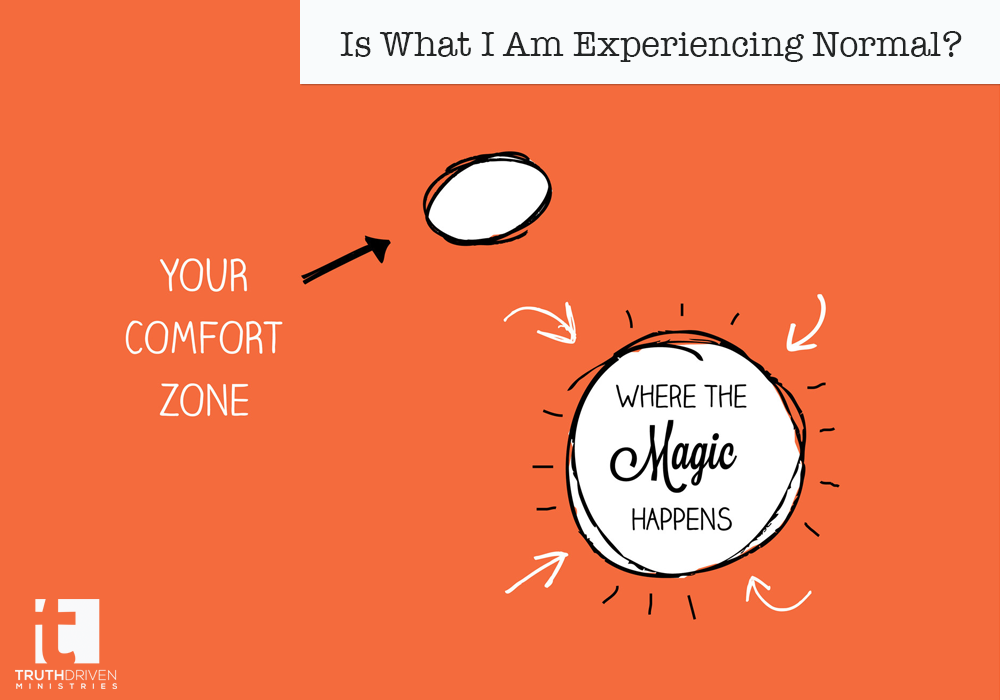One of the most frequently asked questions people want answered is, “Am I normal?” Normal always seems to be such an elusive but sought after concept. What seems normal to one person seems abnormal to another person. It is interesting how people come to calculate what “normal” means and what is the standard against which “normal” is to be measured.
I consider my internship at a drug and alcohol facility one of the best learning experiences of my life for a multitude of reasons but specifically for helping me understand how people define and measure normal in their own life.
As a new intern, I was initially assigned the task of completing the intake assessments and evaluations. In short, it is a 2-hour interview with a new patient asking them numerous and specific questions pertaining to all areas of their life. Consistently the most common barrier to treatment was a high level of denial. No matter how different their circumstances, their drug of choice, their socio-economic background, their race or their choice of faith-a high level of denial was always present.
I began to see a common factor in their denial. They didn’t have a problem because they considered their experience “normal.” Despite all of the negative life consequences they were suffering due to their addictions and despite all the pleas from well-intentioned family and friends — they still considered their experiences as the norm. They did not consider themselves an alcoholic/addict because that title was always reserved for someone who drank or used drugs more than themselves. If they drank a case of beer every night, their definition of an alcoholic was someone who drank a case and a half every night. Their high level of denial was tied to their narrow definition of what “normal” meant to them.
People identify their behavior as normal and anything outside of their own personal experience is abnormal.
Normal = my experiences
Abnormal = anything outside my experiences
So when people ask, “Is what I am experiencing normal?” The answer is yes it is normal for you but that may or may not be a good thing!
Counseling challenges us to examine and potentially redefine our own personal definitions of normal. Normal is merely defined by the experiences that have grown comfortable to us. We all develop a tolerance for our own experiences. We sometimes lose the ability to see ourselves objectively.
Are your definitions of “normal” holding you back from experiencing the quality of life you desire? Be open to looking beyond your own experiences. Be open to moving beyond your own comfort zone and re-defining “normal.”
Challenge: Instead of asking if something is normal, ask yourself, “Is this working?” Something either works or it doesn’t. If what you are doing isn’t working, what does normal matter?


Leave a Reply